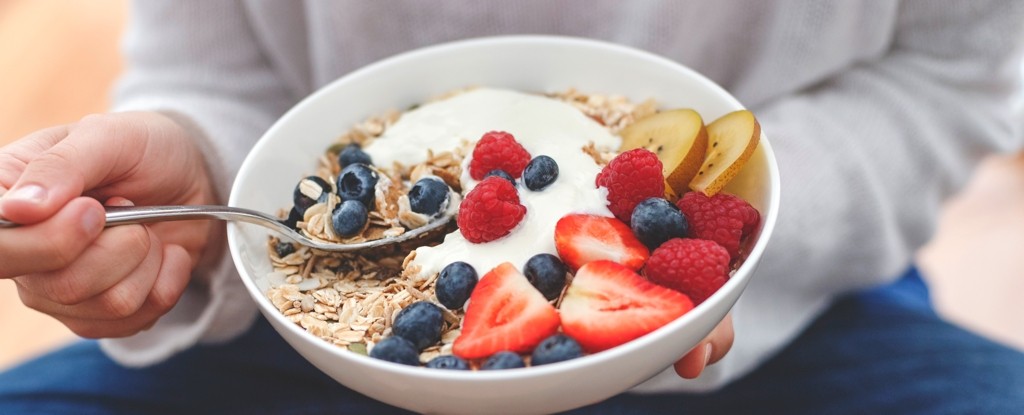24/07/2024
24/07/2024

NEW YORK, July 24: Recent research has highlighted a significant development in nutritional science, revealing that not all fiber supplements are created equal. While dietary fiber has been celebrated as a crucial component of a healthy diet, a new study suggests that specific types of fiber may offer more benefits than others, particularly in the realms of weight loss and blood sugar management.
Conducted by researchers at the University of Arizona and the University of Vienna, the study focused on various fiber supplements and their effects on mice fed a high-fat diet. The findings, published recently, indicate that beta-glucan, a fiber found abundantly in oats and barley, stands out for its ability to control blood sugar levels and assist in weight loss. This particular form of fiber was the only one tested that led to a noticeable decrease in fat content and body weight in mice over an 18-week period.
Other fibers examined in the study, such as wheat dextrin, pectin, resistant starch, and cellulose, did not produce similar effects. Although these fibers significantly altered the composition of the mice's gut microbiome, they did not impact fat reduction or body weight.
Biomedical scientist Frank Duca from the University of Arizona explained, "We know that fiber is important and beneficial; the problem is that there are so many different types of fiber. We wanted to identify which type of fiber would be most beneficial for weight loss and glucose homeostasis to better inform the public and the agricultural industry."
Dietary fibers serve as the primary energy source for gut bacteria, yet less than 5 percent of Americans meet the recommended daily intake of 25–30 grams. As a result, fiber supplements and fiber-enriched foods are becoming increasingly popular. However, with the diverse range of fiber types available, determining the most effective options can be challenging.
Fibers like oat beta-glucan and wheat dextrin are water-soluble, allowing for easy fermentation by gut bacteria. In contrast, fibers such as cellulose and resistant starch are less soluble or insoluble, contributing to stool formation. The current study is notable for being the first to examine the effects of various fibers within a single cohort of mice.
The study found that beta-glucan increased the presence of Ileibacterium in the mice's intestines, a bacterium previously linked to weight loss. Mice fed beta-glucan showed a reduction in body weight and fat content much earlier than those fed other types of fiber.
These findings are consistent with a prior study by Duca, which demonstrated that barley flour, rich in beta-glucan, increased energy expenditure and led to weight loss in rodents, despite their continued consumption of a high-fat diet.
Additionally, mice consuming beta-glucan exhibited higher levels of butyrate in their guts, a metabolite produced when microbes break down fiber. Butyrate is known to stimulate the release of glucagon-like peptide-1 (GLP-1), a natural protein that promotes insulin release and is mimicked by synthetic drugs like Ozempic.
Duca noted, "Part of the benefits of consuming dietary fiber is through the release of GLP-1 and other gut peptides that regulate appetite and body weight. However, we believe that butyrate may also have other beneficial effects, such as improving gut barrier health and targeting peripheral organs like the liver."
While these results are promising, further research is necessary to determine their applicability to humans. The study underscores that not all fibers are equal in their potential to support weight loss and insulin control, highlighting the need for more targeted dietary recommendations.


